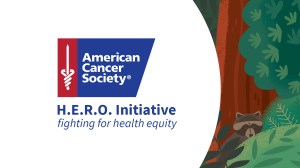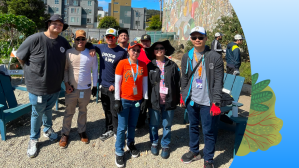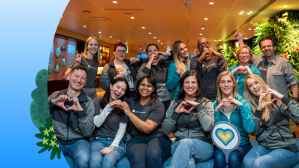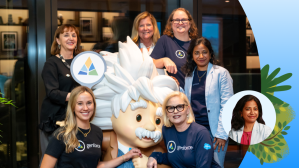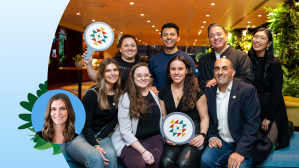Cancer touches one in three people, affecting every family in some way. My own cancer journey began 19 years ago, and could have been very different if I didn’t have access to early screening and treatment.
Getting a cancer diagnosis is one of the hardest things I have endured in my life. Because of my access to incredible care, however, and due in large part to the ongoing work of the American Cancer Society (ACS), I was able to find and treat my cancer early and successfully.
The ACS’ mission is to save lives, celebrate lives, and lead the fight for a world without cancer. I’ve seen the impact of this work first-hand. The ACS also funds critical clinical research and helps to identify cancer in its earliest stages by encouraging regular screenings for those at risk.
I’m eternally grateful that the ACS supports programs like these, and it’s imperative we help them continue this life-saving work.
Pandemic’s downstream effects impact fundraising
It should come as no shock that preventative healthcare screenings of all types are down as a result of the pandemic. Despite the ongoing and urgent nature of this work, many charitable organizations have struggled to break through the pandemic news cycle to generate public awareness around their mission.
This is especially true for the ACS, which is heavily reliant on volunteers, donations, and philanthropy. And with so many in-person fundraising events canceled, the organization has had to rethink how they raise money to continue this life-saving work.
Last year, a Salesforce team helped the organization reimagine its fundraising efforts online with digital marketing, command center, and social studio integrations. Salesforce also helped the ACS completely reinvent its event strategy during the pandemic — evolving its historically in-person fundraising efforts into multi-faceted, engaging digital experiences.
Alongside these ongoing efforts, however, and in the wake of health inequities exacerbated by the pandemic, the need for ACS services continues to grow.
Equality in the fight against cancer
The ACS has an overarching goal of reducing cancer mortality rates by 40% by the year 2035. Despite notable advances in cancer prevention, screening, and treatment, not all individuals benefit equitably from this progress. In fact, marginalized populations are the ones most affected by preventable death and disease:
- African-Americans have the highest cancer death rates in the U.S.
- Black women are 40% more likely to die of breast cancer than white women overall
- LatinX individuals are the most likely to be uninsured in the U.S.
- LGBTQ adults face increased risk factors for cancer
- Lung cancer disproportionately impacts rural communities
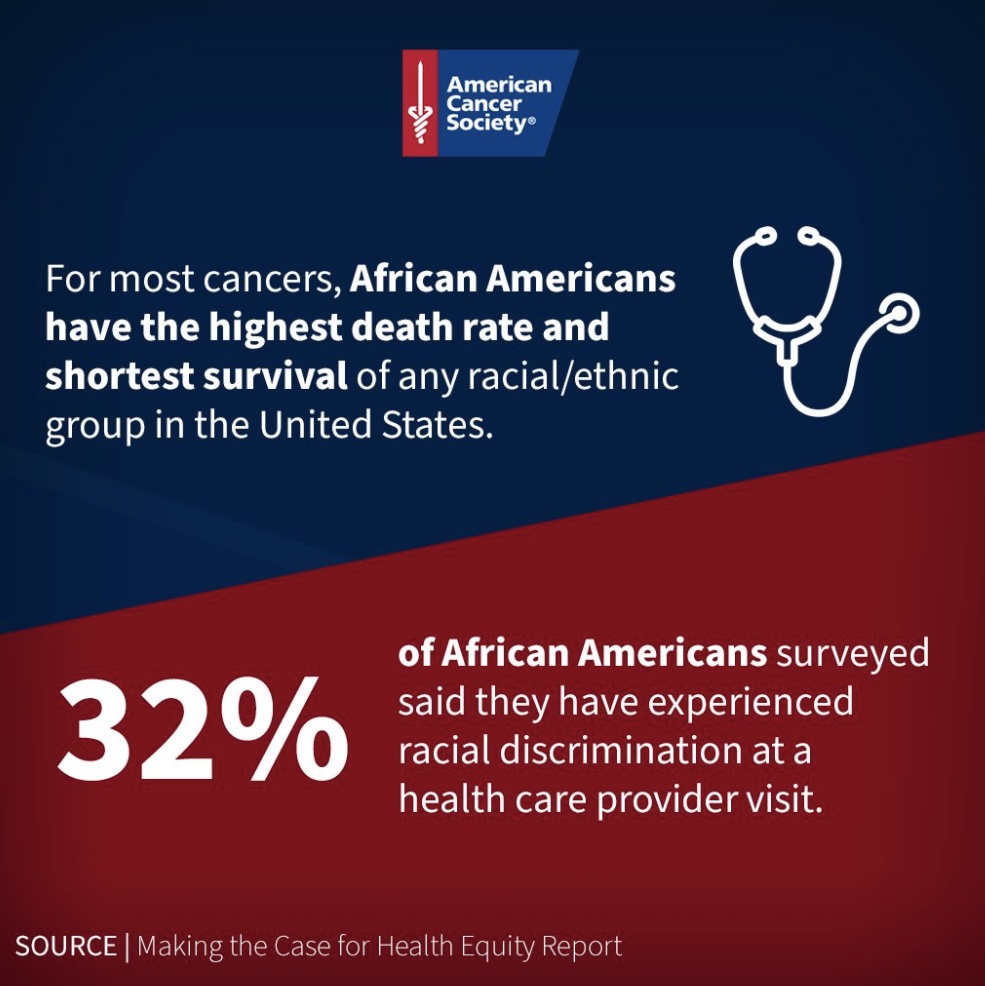
Health equity in cancer care means that everyone has a fair and just opportunity to prevent, find, treat, and survive cancer, regardless of factors like race, gender, age, and class.
The ACS is not new to this fight, and has been funding research on addressing health equity in cancer care for more than 20 years. Early efforts by the ACS in this space worked to gather data to document that health inequities do exist, and funded studies to identify the causes. Since 2013, they have shifted to solution-oriented strategies, and last year, they officially launched the Health Equity for Research and Operations (H.E.R.O.) Initiative to help raise funds to support them.
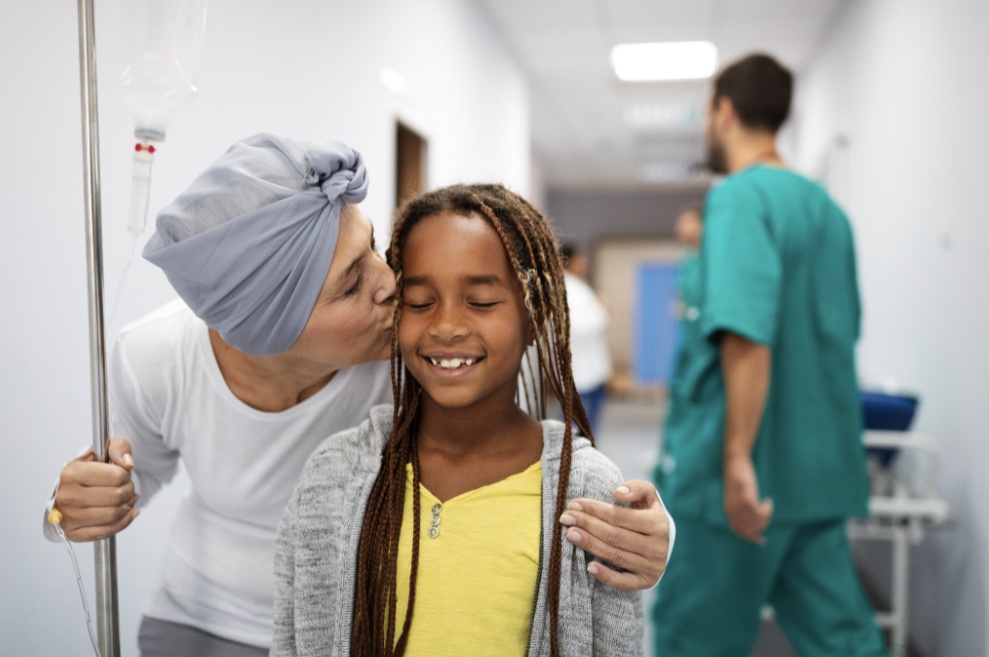
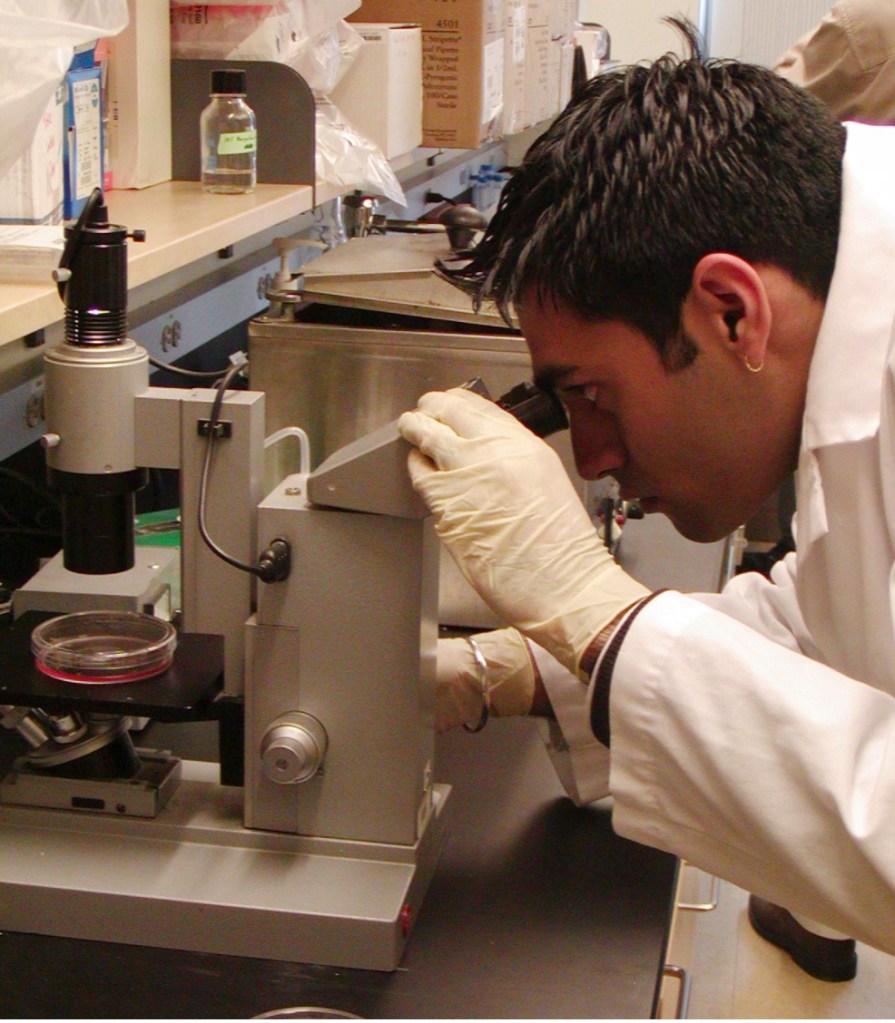
I was lucky enough to have access to treatment and resources to help me on my road to recovery, and I want to share the privilege and access that I had with as many people as I can. That’s why I am helping lead fundraising efforts for the H.E.R.O. campaign at Salesforce.
A culture that inspires
At Salesforce, our culture inspires us to give back and improve the state of the world. This doesn’t stop with our employees, it also extends to our partners and customers — including the ACS. We come together to prioritize giving back to our communities and organizations that help drive equity for all.
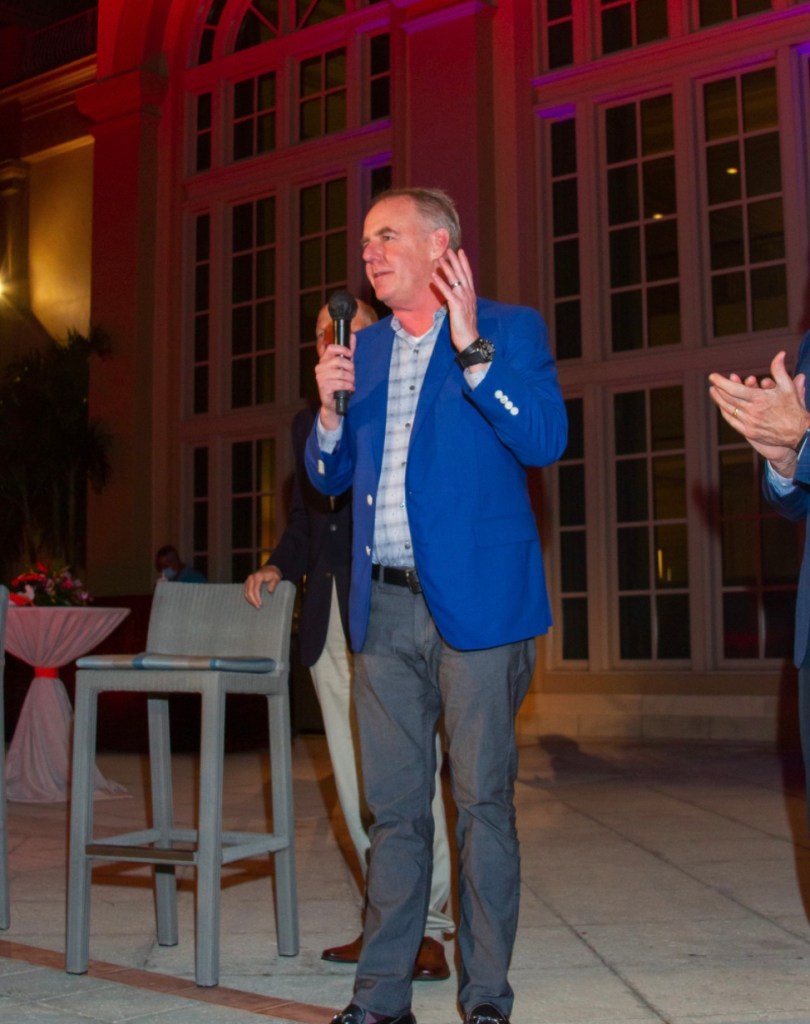
Salesforce has been an active ally in the fight for health equity globally, too. For example, in December 2020, Salesforce announced a partnership with Gavi, the Vaccine Alliance, to equitably distribute approximately 2 billion COVID-19 vaccines to 190 countries by the end of 2021.
I am grateful for Salesforce’s work to support health equity, which stands for something that touches everyone in some way, and means so much to me. Everyone – no matter who they are or where they come from – deserves a fair and just chance to learn about, prevent, and battle cancer.
I invite you to join me in advocating for the ACS through the H.E.R.O. Campaign. Every donation or volunteer effort, no matter the size, can make a big difference in this fight.
If you would like to donate, volunteer, or learn more about the American Cancer Society’s H.E.R.O. Campaign, click here.
